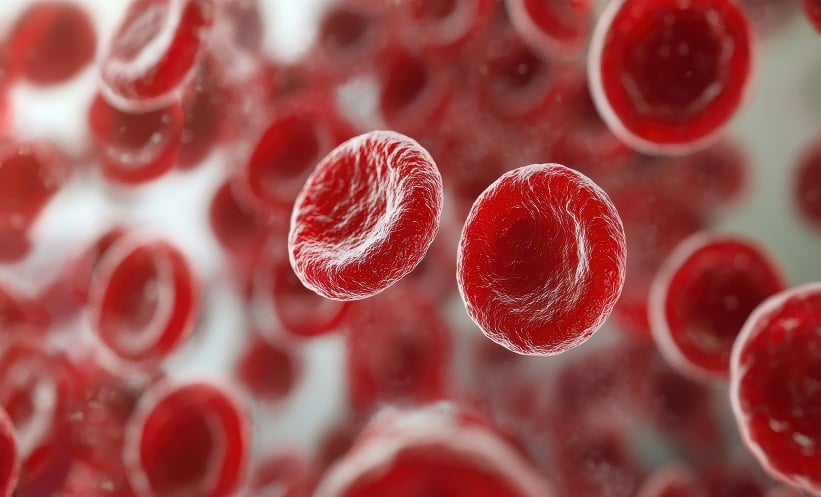A new study has uncovered that a molecule called P-selectin plays a central role in regulating how blood stem cells age and respond to inflammation. Researchers found that as hematopoietic stem cells (HSCs) grow older, they produce higher levels of the Selp gene, which encodes P-selectin. This increase drives the cells to divide too rapidly and lose their ability to renew themselves over time.
The research team demonstrated that when P-selectin levels remain chronically high, the stem cells become less stable. They lose their structural polarity, accumulate damaging oxidative stress, and suffer from rising genomic instability. These effects ultimately exhaust the long-term HSC pool and weaken the body’s capacity to replenish blood and immune cells efficiently.
Inflammation, Gene Signalling, and Cellular Ageing
Using single-cell transcriptomic analysis, the team discovered that elevated Selp triggers a pro-inflammatory state within ageing HSCs. This shift activates major cellular pathways linked to ageing and inflammation, including IFN-γ and PI3K-AKT-mTOR signalling.
The study revealed that P-selectin physically interacts with the IFNγR1 receptor on the surface of HSCs. This contact promotes the activation of downstream JAK1-STAT1 and PI3K-AKT-mTOR pathways, which further drive inflammatory and metabolic stress. Together, these changes accelerate the decline of stem cell function as ageing or chronic inflammation progresses.
Potential for New Therapies
Intriguingly, while persistent P-selectin expression damages normal HSCs, it appears to weaken the pathogenic power of leukemia stem cells (LSCs). This dual effect suggests that therapeutically targeting P-selectin could both restore healthy blood formation in elderly or inflamed individuals and hinder cancer stem cell survival.
The authors emphasise that their findings position P-selectin as a crucial molecular link between chronic inflammation, ageing, and stem cell exhaustion. By modulating this pathway, future therapies might rejuvenate the ageing immune system and enhance treatments for blood cancers, offering hope for tackling two major challenges in modern medicine: ageing and malignancy.
Reference
He W et al. P-selectin overexpression impairs hematopoietic stem cell homeostasis via inflammatory receptor-mediated proliferation and differentiation. Cell Death & Disease. 2025;16:745.








